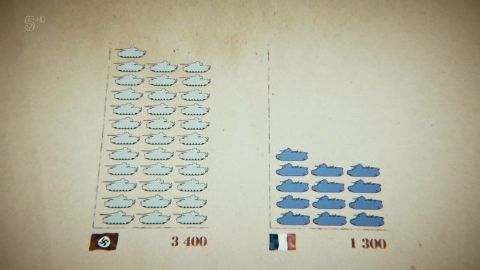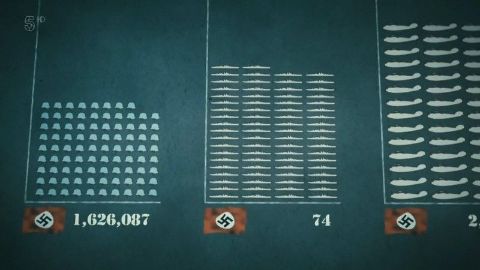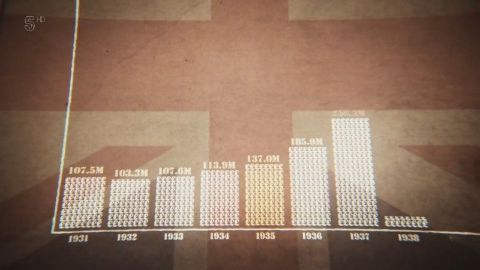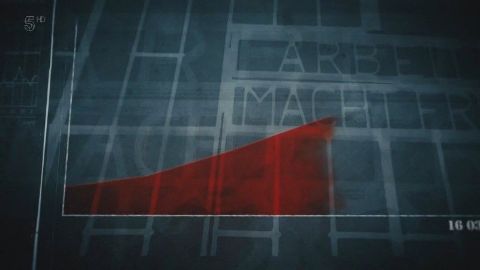The Allies Strike Back/Twilight of the Axis • 2019 • episode "S1E4" • World War II in Numbers
Examines the botched raid on the German-occupied harbour of Dieppe, France in August 1942, which resulted in the loss of around 4,000 Allied men and drove home just how costly an invasion of France would be. The programme also focuses on Hitler's order in 1945 to destroy any military or industrial facilities that could be useful to the enemy - which would have condemned the German people to utter desolation.
Make a donation
Buy a brother a hot coffee? Or a cold beer?
Hope you're finding these documentaries fascinating and eye-opening. It's just me, working hard behind the scenes to bring you this enriching content.
Running and maintaining a website like this takes time and resources. That's why I'm reaching out to you. If you appreciate what I do and would like to support my efforts, would you consider "buying me a coffee"?
Donation addresses
BTC: bc1q8ldskxh4x9qnddhcrgcun8rtvddeldm2a07r2v
ETH: 0x5CCAAA1afc5c5D814129d99277dDb5A979672116
With your donation through , you can show your appreciation and help me keep this project going. Every contribution, no matter how small, makes a significant impact. It goes directly towards covering server costs.









